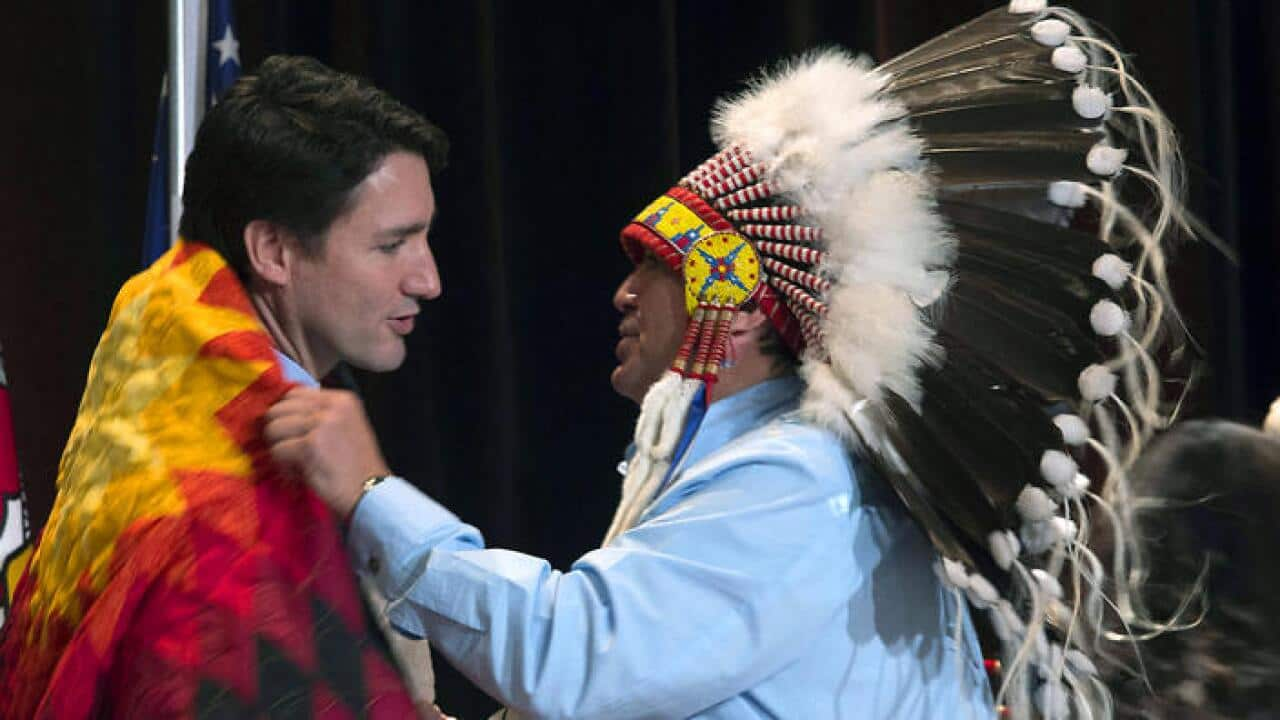The Canadian government has launched a national two-year enquiry into the murders and disappearances of nearly 1,200 Indigenous women and girls.
The scale of the problem was revealed in a released in 2014 by the Royal Canadian Mounted Police, which found more than 1,000 Aboriginal women and girls had been murdered between 1980 and 2012.
At the time of the report, 164 Aboriginal women were considered missing. More than 200 of the murders and disappearances were considered “unsolved”.
“The numbers are also believed to be significant underestimates by many observers,” Indigenous affairs expert Ravi De Costa, who is based in Canada, on Wednesday morning. “Many deaths of native people here are ruled suicides or not suspicious after quite hasty investigations.”
Indigenous women make up just 4 percent of Canada’s female population but 16 percent of all women murdered in the country.
The causes of the deaths are varied, according to Mr Dr Costa, but include domestic violence. He also referenced the case of Canadian serial killer Robert Pickton, whose victims included Indigenous women.
He said First Nations women were more often exposed to “vulnerable occupations, particularly sex work”, which put them at greater risk.
But the 2014 police report said while 12 percent of Aboriginal female murder victims were involved in sex work, this was not much higher than the 5 percent of non-Aboriginal female murder victims. "It would be inappropriate to suggest any significant difference," the report read.
Canadian prime minister Justin Trudeau was elected in a landslide last year, partly thanks to a strong Indigenous vote. An enquiry into the missing women was a key election promise.
“The victims deserve justice, their families an opportunity to heal and to be heard,” Mr Trudeau said, quoted in .
The investigation comes following decades of pressure from Indigenous groups. Activists on Twitter have pushed for an inquiry under the hastag #MMIWG, which stands for murdered and missing Indigenous women and girls.
The federal enquiry will have the power to subpoena witnesses and documents.
Some Indigenous Canadians have said the recommendations of previous enquiries need to be implemented, including those put forward by the 1996 Commission on Aboriginal Peoples and the 2012 British Columbia Missing Women Commission of Inquiry.


